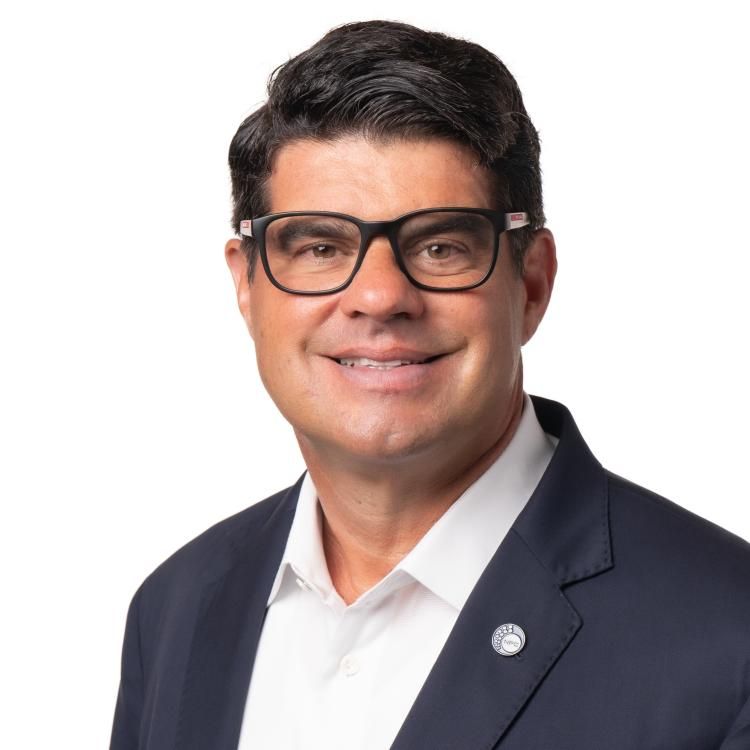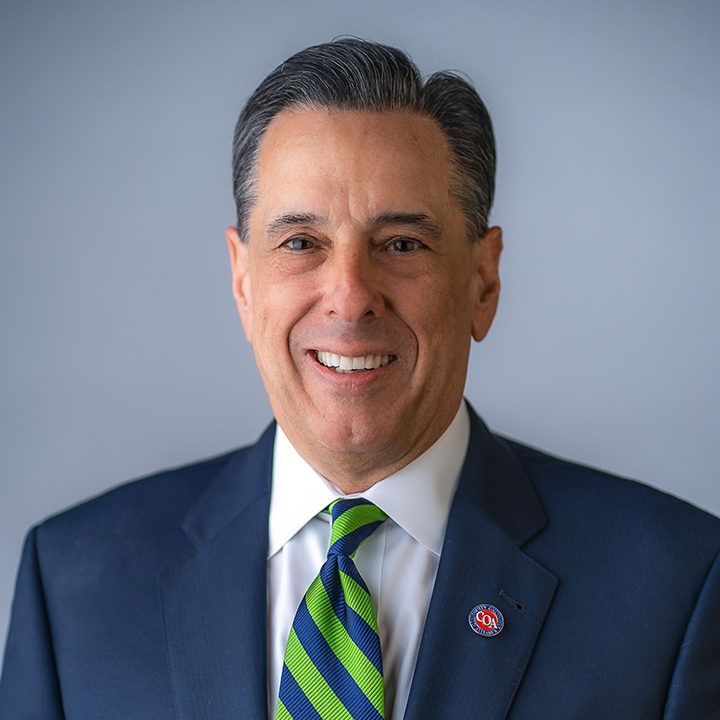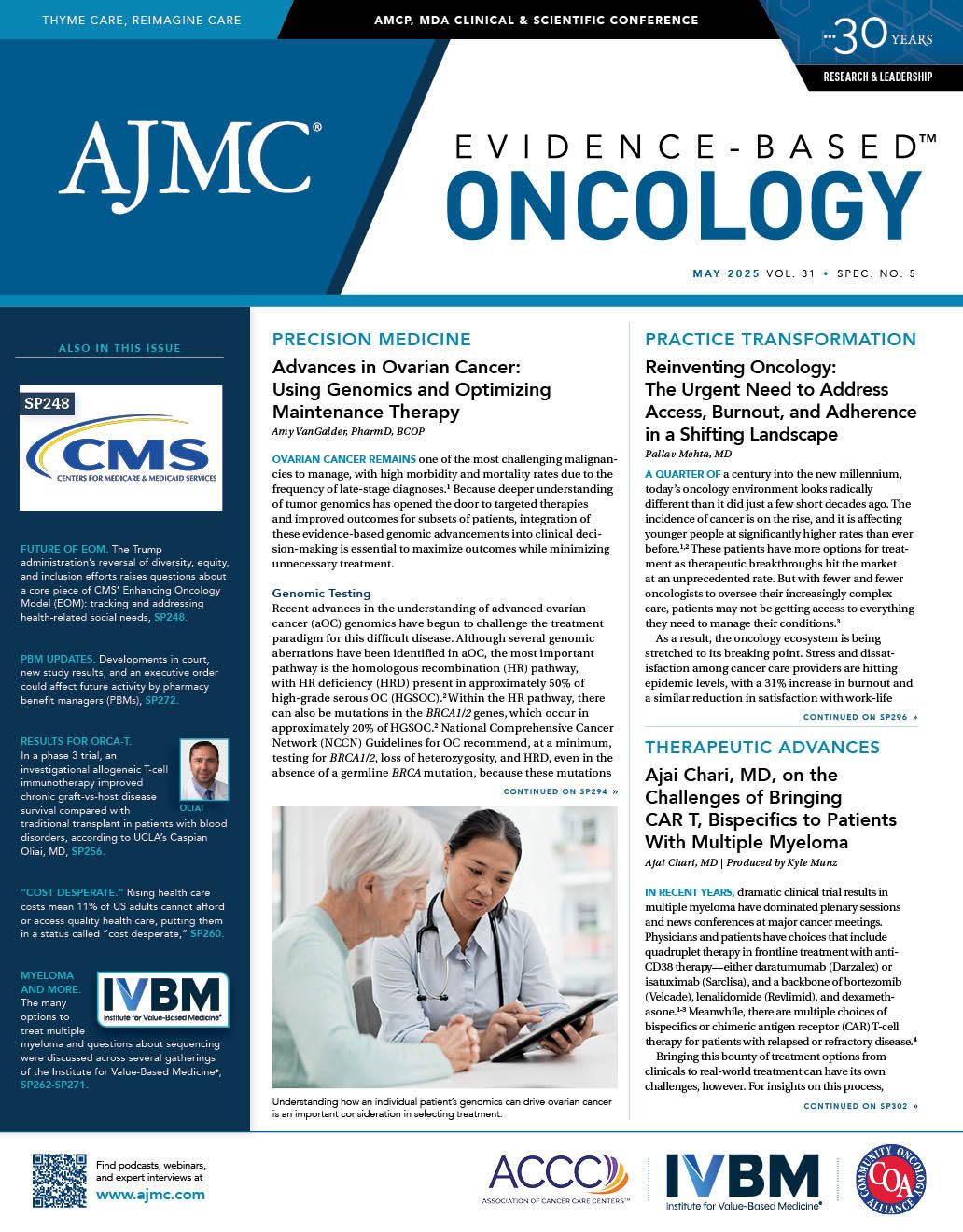- Center on Health Equity & Access
- Clinical
- Health Care Cost
- Health Care Delivery
- Insurance
- Policy
- Technology
- Value-Based Care
As Court Action Heats Up, Study Shows More Money Made on 340B in Wealthy Areas
The findings appear as multiple lawsuits pit pharmaceutical companies against hospitals as well as HHS.
A drug discount program that Congress created to support safety net hospitals is generating windfalls for participants who push its reach into wealthy areas, according to results from a new study.
The study, by the National Pharmaceutical Council (NPC) and appearing in the journal Inquiry,1 examined how geography, facility characteristics, and a hospital’s market power affected profit margins under the 340B program, which was created by the Public Health Service Act of 1992. The study authors report that 340B has exploded over the past 20 years, growing from 591 participants in 2005 to more than 2600 in 2023.
The findings come amid a string of filings in federal court, in both West Virginia and in the District of Columbia, as pharmaceutical companies aim to halt 340B expansion while seeking a replacement model.
John O'Brien, PharmD, MPH | Image credit: NPC

Under the 340B program, pharmaceutical companies that take part in Medicaid must grant drug discounts to 340B facilities. The required discounts are driven by each drug’s Average Sales Price and rebate levels of the Medicaid Drug Access Program; however, facilities with larger market share may drive harder bargains. The 340B entities, in turn, seek reimbursement from insurers at full price. Study authors found the average discount was 57% in 2022, including both mandated discounts and those negotiated by the participants.
The authors trace their findings to expansion of 340B under the Medicare Modernization Act of 2003. The shift in profile of 340B following passage “suggests that entities enrolling in 2004 or later often serve wealthier communities and report lower spending on uncompensated care than covered entities enrolled prior to 2004,” the authors wrote.
In addition, other work has shown that expanding 340B again under the Affordable Care Act resulted in “no net gain in uncompensated care or other services for uninsured and low-income patients.”
Study authors linked information from 4 data sets: data on prescribers and their provider organizations, data on actual non-340B acquisition costs, actual reimbursements for drugs administered, and 340B and non-340B acquisition volumes for hospitals and free-standing clinics, which included both hospital-affiliated clinics and free-standing 340B clinics.
The authors’ analysis confirmed what 340B critics have charged for years: hospitals that started out using the program to fund care for low-income patients have extended drug discounts to facilities far away from neighborhoods in need, which has allowed them to drive out competitors or compel them to merge into the hospital system. The more hospitals can buy drugs at reduced cost, the more market power they gain to push for even steeper discounts, the authors found.
The Community Oncology Alliance (COA) most recently called for 340B in a policy document, Prescription for Health Care Reform, which addressed multiple stressors on the finances of independent oncology practices.
Study findings also supported efforts of pharmaceutical companies to limit the use of contract pharmacies. In these relationships, retail pharmacies reach agreements with 340B entities to dispense drugs at discounted prices to clinics under the hospital’s umbrella.
The study found the following:
- type of drug, facility type, market power, and the wealth of the area were the biggest drivers of margins in the 340B program, which the authors said “were higher among facilities in stronger bargaining positions and those serving wealthier areas“
- facilities located in areas with higher shares of people living under 150% of the Federal Poverty Level had adjusted 340B margins that were lower than facilities in wealthy areas
- 340B facilities can realize greater margins in areas with fewer patients covered by Medicaid because the facility can then bill commercial insurers at higher rates, creating incentives to expand relationships with contract pharmacies in these areas; pharmaceutical companies led by Novartis have attempted to curtail use of contract pharmacies
- extending discounts to wealthy areas allows the 340B entity to increase margins while providing less uncompensated care—which was the original purpose of the program, the authors noted
"This adds to the body of literature about how the 340B program often serves as a drug markup program for hospitals and covered entities that costs employers, states, and ultimately patients,” NPC president and CEO John O’Brien, PharmD, MPH, said in an email. “Reforms are urgently needed to this program to address ways the program may be enabling profiteering as part of the explosive growth of this program."
Multiple Lawsuits Among Pharma, Hospitals, HHS
In West Virginia, a federal judge in December 2024 temporarily blocked a law that would require pharmaceutical companies to offer discounts on drugs dispensed by these third-party pharmacies that contract with hospitals and clinics serving low-income populations. This action in AbbVie v. McCuskey received support in an amicus brief that COA filed Thursday.
Ted Okon, MBA | Image credit: COA

“340B was created to help low-income and uninsured patients access life-saving medications but has morphed into a massive profit generating program for mega consolidated PBMs and hospitals,” Ted Okon, executive director of COA, said in a statement. “Instead of providing relief to patients in West Virginia and across the country, billions of dollars in 340B drug discounts are vanishing into the hands of PBMs and their affiliated chain and mail-order pharmacies. The program has mutated into a cash machine for big corporations – exactly what Congress never intended.”
In the brief, COA asserts that in West Virginia, the 340B program is dominated by pharmacy benefit manager (PBM) affiliated contract pharmacies, and that more than half the relationships are out of state. Within the state's borders, most are in affluent areas, despite West Virgina's poverty. The state ranks 49th in median household income, the statement noted, but charity care only accounts for 1.32% of operating expenses at 340B hospitals, compared with the national averag of 2.15%.
Financial ties among PBM-owned and affiliated pharmacies "lead PBMs to steer patients to their own specialty or mail-order pharmacies, creating delays, denials, and higher costs for patients with cancer and others with serious illnesses," COA said.
Several pharma companies are in court with HHS as they try to implement a cash rebate model, in which 340B entities would pay full price upfront for drugs and get rebates from the manufacturers after submitting data.
On March 17, 2025, HHS filed a cross motion for summary judgment in a suit brought by Eli Lilly, Novartis, and Bristol Myers Squibb against the Health Resources and Services Administration (HRSA) in US District Court. Johnson & Johnson attempted to implement a similar model for certain drugs; when HRSA said no, the company sued in federal court in November 2024.
In seeking to dismiss the suit from Eli Lilly et al, HHS argued, “Plaintiffs’ proposed cash rebate models would have upended the way the 340B program has operated for more than 30 years.” Thus, insisting that the companies hold off implementing those models “at this time” was not arbitrary and capricious.
The American Hospital Association (AHA) and other hospital groups support the HHS position. In its March 4, 2025, amicus brief in the Eli Lilly case, the AMA et al said the law is on the side of HHS and that the companies’ move is “an undisguised power grab.”
“The 340B statute does not permit drug companies to unilaterally withhold discounts from 340B hospitals in exchange for the surrender of purchase data or what are, in essence, pre-payment audits. The Health Resources and Services Administration, therefore, correctly exercised its statutory authority to reject the rebate policies.”
In addition, the AHA and other groups have supported HHS in filings in cases from Johnson & Johnson, Sanofi, and Kalderos, a technology vendor that wants to run the cash rebate program.
References
Nordyke RJ, Motyka J, Patterson JA. The association of 340B program drug margins with covered entity characteristics. Inquiry. Published online March 23, 2025. https://doi.org/10.1177/00469580251324051

